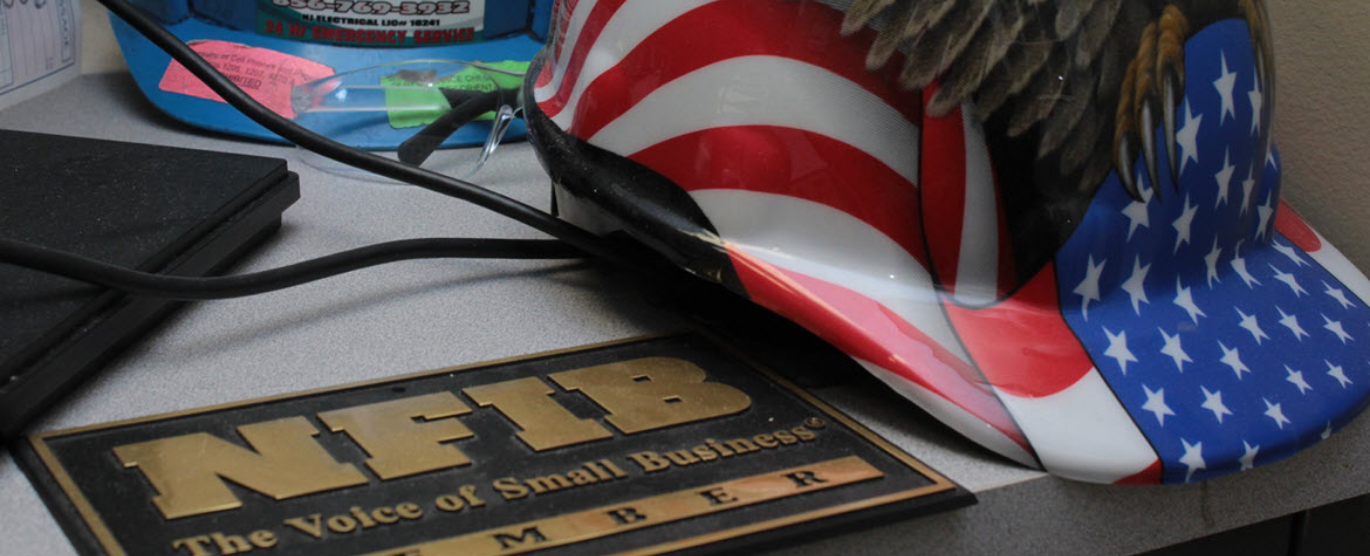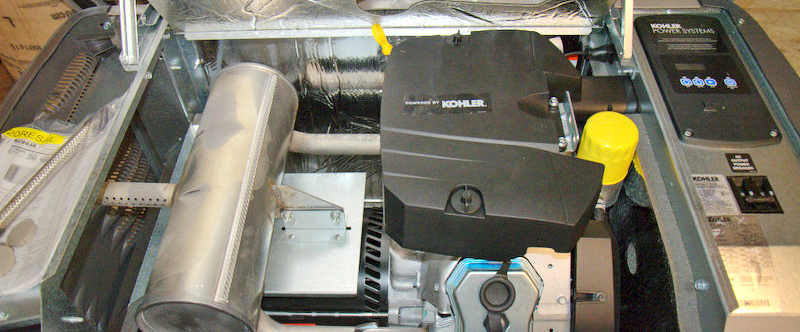Generators should be a part of any family’s emergency plan no matter where you live. A tropical storm or a snowstorm could land your family in the dark in a matter of minutes. Don’t get caught in this predictable situation by refusing to prepare.
Owning a generator can help in these times of need. However, you can endanger yourself and your family with a generator if you don’t practice good safety standards. Here are three tips to ensure safety when operating your generator.
Never run a generator in an enclosed space
One of the most common causes of injuries and deaths by generators are through carbon monoxide poisoning. This happens when people run their generators in enclosed spaces like a garage. A good rule of thumb is to place your generator at least 15 feet away from the house and away from windows and doors. You might want to also use a battery-operated carbon monoxide detector at the same time you’re using your generator to detect carbon monoxide, which is colorless and odorless.
Never run a portable generator in the rain (uncovered)
Don’t run the risk of being electrocuted by running a portable generator in the rain. You can however, use it in the rain if you have it properly covered under a simple tarp held up by poles. Make sure not to touch the generator with wet hands.
Buy and store additional gasoline (safely)
Make sure to use the type of fuel recommended in your generator’s instructions or on the label on the generator. Make sure to store the fuel in cans approved to store fuel. Store fuel outside of living areas in a detached garage or shed. Don’t store the fuel near a gas-burning appliance or other fuel-burning appliance. Last, make sure to check local laws regarding fuel storage. If you’re unsure about any of this, contact your local fire department.
Having a generator can be a lifesaver in the time during a storm or other emergency that leaves your home without electricity for an extended period of time. However, it’s just as important to make sure you’re safe when it comes to operating your generator and storing the fuel.
If you want to make sure you’re practicing the best strategies for your generator or need advice on how to purchase the best type of generator for your needs, contact Eric M. Krise Electrical Contractor. We are licensed and insured in New Jersey, Pennsylvania, Delaware, and Maryland, and offer affordable pricing, and 24-hour emergency services, 7 days a week.




